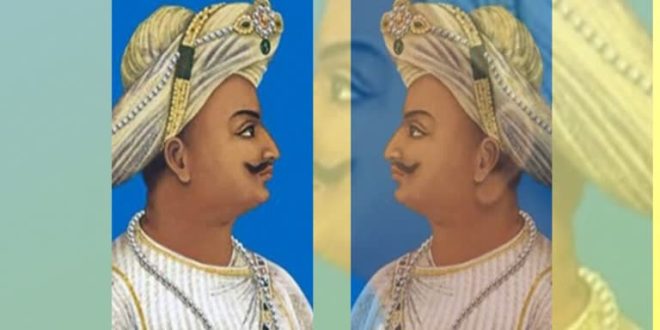London. The export of a rare carved gun made in the 18th century for Tipu Sultan, the ruler of Mysore, has been banned. This step has been taken to give time to a UK institution to achieve this. The institute is studying a ‘tense period’ of India-UK relations. The gun is estimated to be worth £2 million.( 20 crores) Britain’s Minister of Arts and Heritage Lord Stephen Parkerson took the decision last week to ban the export of “Flintlock Sporting Gun”. This was suggested to him by the ‘Export of Works of Art and Objects of Cultural Interest’ Review Committee (RCEWA). This fourteen bore gun dates from 1793 to 1794 and was made for bird hunting. It was made by Asad Khan Mohammad and bears his signature.
This British colonial gun is said to have been presented to General ‘Earl Cornwallis’ who fought a war with Tipu Sultan between 1790 and 1792. Lord Parkerson said, ‘This firearm is unique in its own right and also an example of important history between Britain and India.’ He said, ‘I hope it can be shared widely with the public and that It can be helpful in deepening our understanding of the tense times that have shaped our countries.’
Tipu Sultan, popularly known as the Lion of Mysore, was a staunch opponent of the British East India Company and its allies in the Anglo-Mysore Wars. Tipu Sultan was killed on May 4, 1799 while defending his stronghold of Srirangapatnam. After his death, his excellent personal weapons were taken out of the palace and handed over to the top officers of the British Army of that time. Committee member Christopher Rowell said that it is very beautiful, as well as technically advanced. The decision on the export license application for the gun has been deferred till September 25.
 Indian Thought Latest News & Views
Indian Thought Latest News & Views



